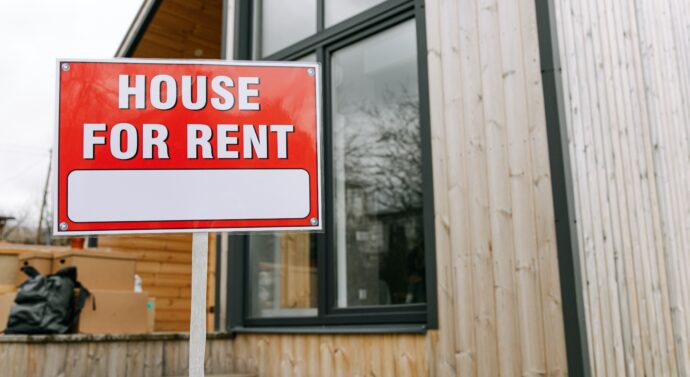
BBB warns scammers stealing real listings, creating vacation & home rental scams
Community April 4, 2022, Comments Off 74Looking for your next apartment, condo or house rental can be a time-consuming process, and it may feel as though you’ll never find the right place at the right price. Scammers know this feeling and can use it to exploit consumers. Consumers need to take their time and do their homework before signing a lease.
Housing rental scams commonly lure consumers with beautiful pictures, great amenities and low rent. They advertise a sense of urgency, pressuring would-be renters to put down a security deposit right away, even as the owner — that is, scammer — claims to be out of town and unable to show the property. In reality, the apartment is already rented or doesn’t exist, leaving the victim out hundreds of dollars and potentially without a home.
The same tactics may be applied to vacation rentals, as the proliferation of vacation rental and home-sharing websites makes it easy for travelers and landlords to handle everything online. Travelers who jumped on a lodging steal online, having been told that it was sure to book quickly, may arrive to find that the rental is unavailable or doesn’t exist.
BBB published an in-depth investigative study on rental fraud in 2019, finding that 43% of people looking at apartments or vacation rentals online were likely to encounter a fake listing. Read the study at BBB.org/rentalscam.
Common red flags in an apartment rental scam include:
- Requests to provide prepaid gift card information or wire funds through MoneyGram, Green Dot MoneyPak or Western Union.
- Typos, grammatical errors and improper wording or context during discussion or in the ad.
- When selling or buying items online, requests for your bank account number, Social Security number or a code sent to your cell phone via text message or phone call are all signs of a potential scam.
- The email address used by the person who posted the listing does not sound like a person’s name. That may be an indicator that it is an auto-generated email account, preferred because they are difficult to trace.
- The “seller” isn’t willing to reveal the house’s address until you reply to their ad, perhaps by going to a website and filling out a “free credit report”. That report’s sole purpose is to steal your identity.
- You cannot inspect the property prior to making a decision.
- The rent is much lower than similar properties in the area. If it sounds too good to be true, it probably is.
- The owner is located out of state or in another country and may instruct targets to send money overseas in order to secure the home.
- An identical ad is listed in other cities.
BBB recommends the following tips when searching for housing rentals:
- Carefully research the owner and the home. Look for the property owner’s name, phone number, and email address online. Ask to inspect the property and review the lease before making any decisions. Check local property records to determine if the person is the actual owner of the property. You can generally find this information by contacting the Tax Assessor’s office in that area.
- See the property in person. If you can’t visit an apartment, condo or house yourself, ask someone you trust to go and confirm that it is what was advertised. Don’t send money to someone you’ve never met for an apartment you haven’t seen.
- Once you find the right place, make sure you understand your responsibilities and rights as a rental tenant. Read the lease carefully before signing; if any point appears unclear, discuss it with the landlord. The lease should tell you how much your rent will be and for what period of time. It also tells you what services your landlord provides, such as painting and repairs.
- A security deposit is usually required to offset the landlord’s cost of repairing any property damage you cause. Before you sign the lease and move in, find out what your deposit covers and the conditions for a refund. Make a list of any damages present when you move in and again when you move out to compare with the landlord’s list.
Report any rental scams you come across to BBB Scam Tracker. For other assistance, go to BBB.org.
Article via Stephanie Garland of the BBB